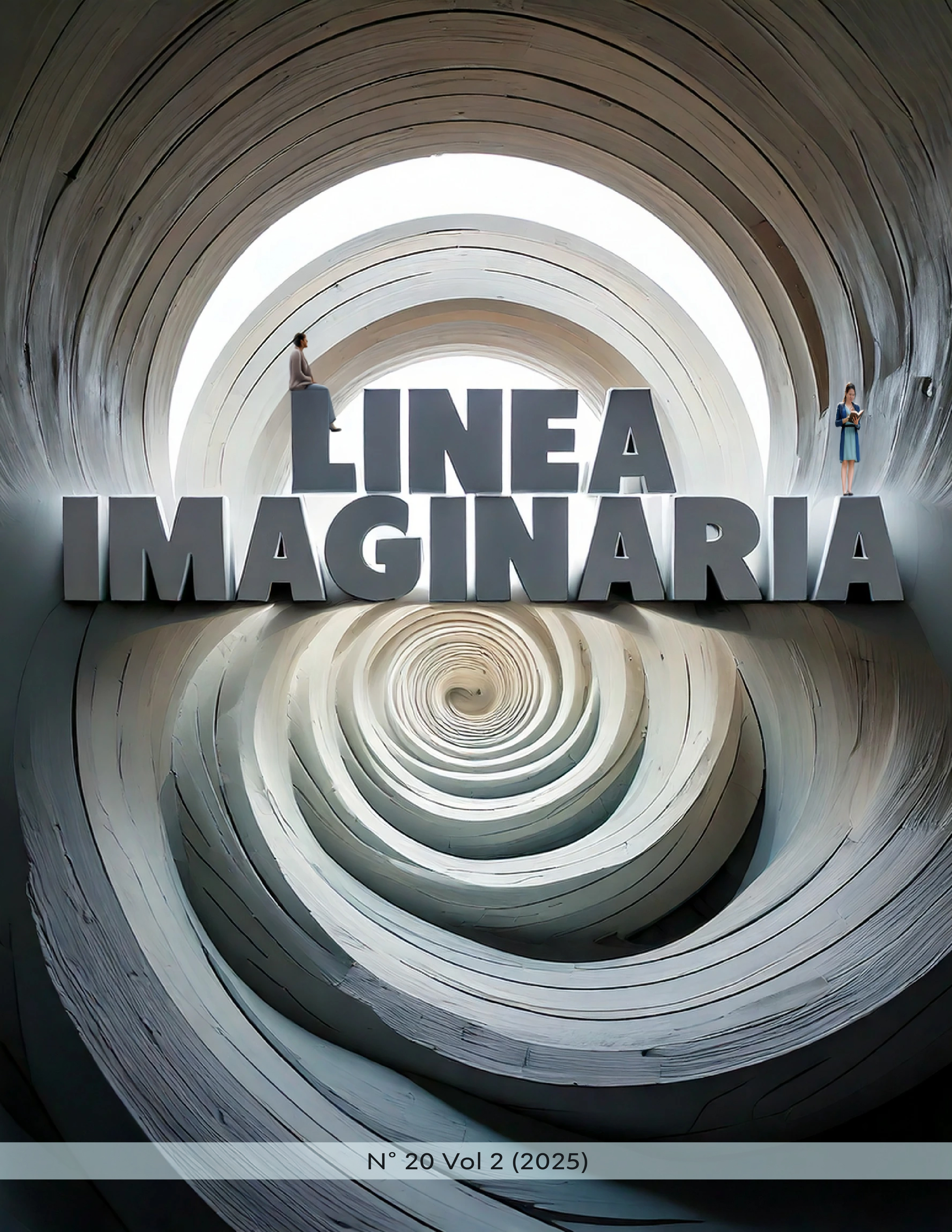EL JUEGO EN EL APRENDIZAJE SIGNIFICATIVO DE LA MATEMÁTICA
DOI:
https://doi.org/10.56219/lneaimaginaria.v2i20.3738Palabras clave:
juego, aprendizaje significativo, matemáticaResumen
La matemática es una área esencial y fundamental del conocimiento dentro de la formación que debe tener cualquier persona. A nivel educativo, se sabe del grado de dificultad que ella representa para los estudiantes en el proceso de aprendizaje, enseñándose muchas veces de manera tradicional con clases magistrales. Es por ello que a través del juego que es una actividad lúdica, que se ha realizado y disfrutado desde temprana edad por la humanidad, de ahí su importancia, fomenta la interacción social, es una actividad motivadora que contribuye al desarrollo de habilidades cognitivas incluidas las que tienen que ver con la matemática por la resolución de problemas y el desarrollo del pensamiento crítico, facilitando los aprendizajes de manera significativa de esta área. De acuerdo a lo anterior, el presente artículo hace una revisión documental de lo que el juego representa en el aprendizaje significativo de la matemática.
Descargas
Citas
Berger, K.S y Thompson, R.A (1998). Psicología del desarrollo, infancia y adolescencia. Madrid, Panamericana. https://www.academia.edu/72511084/Psicolog% C3%ADa_del_Desarrollo_Infancia_y_adolescencia_Kathleen_Stassen_Berger
Bernabeu, N y Goldstein, A (2010). Creatividad y aprendizaje. El juego como herramienta pedagógica. Narcea Bôas, L. (2008). Jogo e educação: um diálogo possível. Educação & Linguagem. Fundação Carlos Chagas • Difusão de Idéias. https://ariel.fcc.org.br/ conteudosespeciais/difusaoideias/pdf/materia_villasBoas.pdf
Cabreiras, K.T.S (2019). Aprendizagem significativa através de jogos e brincadeiras.
Eventos Pedagógicos. 10(1). p. 335-349. https://doi.org/10.30681/reps.v10i1.10197 DOI: https://doi.org/10.30681/reps.v10i1.10197
Calvo, P y Górmez, M del C. (2018). Aprendizaje y juego a lo largo de Historia. La razón histórica. 40(2), 23-31. https://www.revistalarazonhistorica.com/40-2/
Gomes, R. R. & Friedrich, M. A. (2001). Contribuição dos jogos didáticos na aprendizagem de conteúdos de Ciências e Biologia. Anais do I Encontro Regional de Ensino de Biologia: RJ/ES, Niterói, RJ, Brasil, 389-392.
Grando, R. C (2004). O jogo e a matemática no contexto de sala de aula. São. Paulus
Meneses Montero, M y Monge Alvarado M. (2001). El juego en los niños: enfoque teórico. Revista Educación.; 25(2):113-124. Revista de Ciencias Sociales y Humanidades (1998). https://www.redalyc.org/articulo.oa?id=44025210
Montañés, J., Parra, M., Sánchez, T., López, R., Latorre, J. M., Blanc, P., Sánchez, M. J., Serrano, J. P., y Turégano, P. (2000). El juego en el medio escolar. Revista ensayos, 15, 235-259.
Moreira, M. A.; Masini, E (2011). Aprendizagem Significativa: a teoria de David Ausubel. Centauro.
Ferreira Santos, L (2008) A Matemática e o Jogo Influencia no rendimiento escolar. Tesis de maestria. https://www.researchgate.net/publication/216043174_A_ matematica_e_o_jogo_Influencia_no_rendimento_escolar.
Ramos Duarte, S.I (2013). A motivação dos alunos para o sucesso na matemática: Estudo de caso numa turma de 6º ano da Escola Básica e Secundária Padre Manuel Álvares. [Maestria, Universidade de Lisboa] https://www.repository.utl.pt/ handle/10400.5/6562
Rodríguez, E (2003). El juego como excedente de energía. Magister: Revista miscelánea de investigación. 19. 133-146. https://dialnet.unirioja.es/servlet/ articulo?codigo=751722 Tapia, J. A; Fita, E.C. (2015). A motivação em sala de aula: o que é, como se faz. Loyola.
Torre, J.C. (1999). Contexto, motivação e aprendizagem. Loyola.
Descargas
Publicado
Cómo citar
Número
Sección
Licencia
Derechos de autor 2025 LÍNEA IMAGINARIA

Esta obra está bajo una licencia internacional Creative Commons Atribución-NoComercial-CompartirIgual 4.0.
La revista Línea Imaginaria conserva los derechos patrimoniales (copyright) de las obras publicadas, que favorece y permite la reutilización de los mismos bajo la licencia Creative Commons Atribución-NoComercial-CompartirIgual 4.0 , por lo cual se pueden copiar, usar, difundir, transmitir y exponer públicamente, siempre que se cite la autoría y fuente original de su publicación (revista, editorial, URL y DOI de la obra), no se usen para fines comerciales u onerosos y se mencione la existencia y especificaciones de esta licencia de uso. Si remezcla, transforma o crea a partir del material, debe distribuir su contribución bajo la misma licencia del original.













